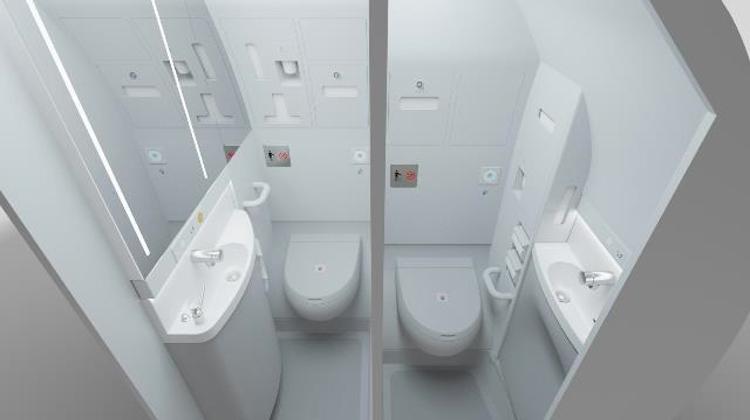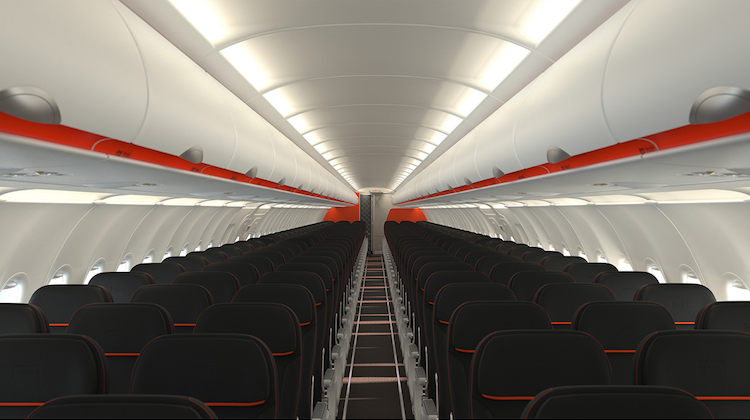
Jetstar is boosting the capacity on its Australia and New Zealand based Airbus A320 narrowbodies through the installation of slimline seats, reducing galley space and moving the lavatories.
The Qantas-owned low-cost carrier (LCC) will reconfigure 43 A320s – which operate domestically within Australia and New Zealand, across the Tasman and on short-haul international routes – with new Recaro seats and the Zodiac Aerospace Space Flex version two lavatory and galley module, which allows the removal of the existing rear lavatories.
That will allow an increase in the number of seats to 186, up from 180 currently, which is equivalent to a capacity increase of one and a half A320s but without the capital costs of acquiring additional aircraft, Jetstar group chief executive Jayne Hrdlicka told the Qantas investor day on Friday.
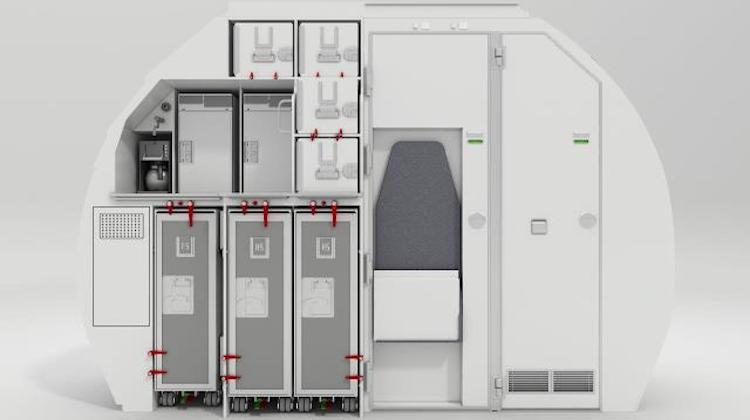
The cabin reconfiguration work will also increase overhead locker space in the rear of the aircraft, plus feature LED cabin lighting, new carpets and a new colour scheme.
Jetstar Australia and New Zealand chief executive Dean Salter said passengers will have the same amount of legroom and space despite the addition of another row of seats on the aircraft, with no change to average seat pitch or seat width.
“This is the latest cabin design from Airbus, which is smarter about the way space is used on the aircraft and allows for an extra row of seats and more baggage space,” Salter said in a statement on Friday.
“The additional six seats improve the economics of these aircraft and help us to keep offering the low fares we are known for and maintain a great customer experience. These aircraft will allow us to carry more customers, particularly at peak times, to holiday destinations.”
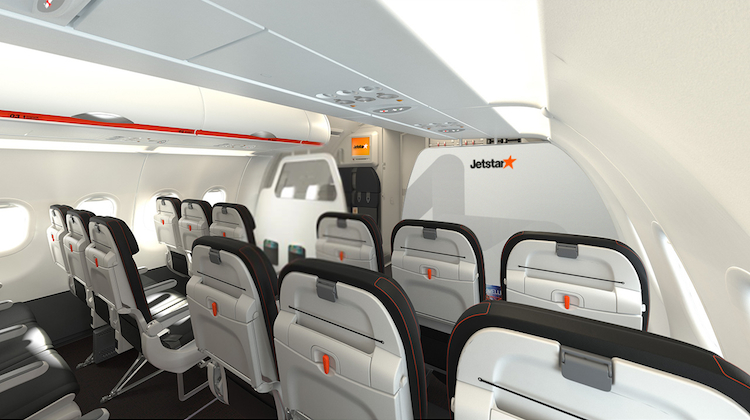
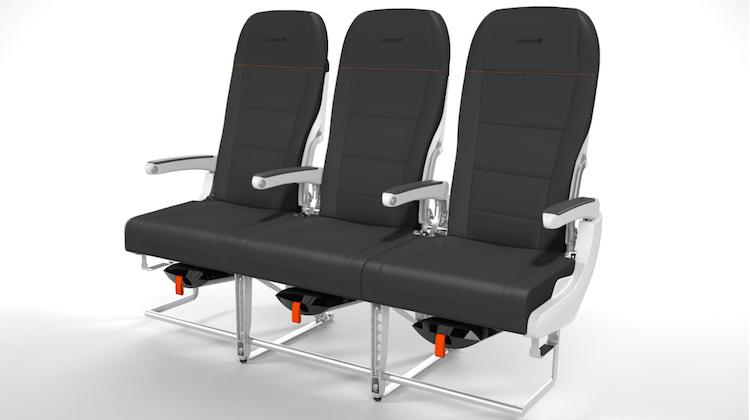
A Jetstar spokesperson said Qantas’s Brisbane engineering workshop won a tender to complete part of the cabin reconfiguration work. A second tender covering the remainder of the fleet was yet to conclude.
The first reconfigured aircraft is expected to be flying by August, with the remainder to be completed by the end of 2018.
The change will give Jetstar’s A320s a six-seat advantage over Australian LCC rival Tigerair Australia, whose A320s and Boeing 737-800s are configured with 180 seats.
While Jetstar has 53 A320s in its Australia and New Zealand fleet, only 43 aircraft will be reconfigured as 10 aircraft are due to leave the fleet and be replaced by newer narrowbodies such as the A320neo (new engine option), which will arrive in the new configuration, the Jetstar spokesperson told Australian Aviation.
Jetstar also has eight A321s in its Australia and New Zealand narrowbody fleet. Of those, two recently leased A321s arrived with Airbus’s Smart Lav design that features 220 seats. Further, four other A321s are slated to be reconfigured with 220 seats, compared with 210 seats on non-reconfigured aircraft.
In February, Qantas announced a nine-month delay to the first delivery of the 99 Airbus A320neo Family aircraft the airline group has on order, comprising 54 A320neo and 45 of the larger A321neo.
The new delivery timeline pushed the capital expenditure for these new aircraft into the 2018/19 financial year rather than 2017/18.
Offshore affiliates Jetstar Japan, Vietnam-based Jetstar Pacific and Singapore carrier Jetstar Asia are not part of the reconfiguration program.
Other airlines to have fitted the Zodiac Aerospace Space Flex version two include Easyjet, JetBlue and Lufthansa.
